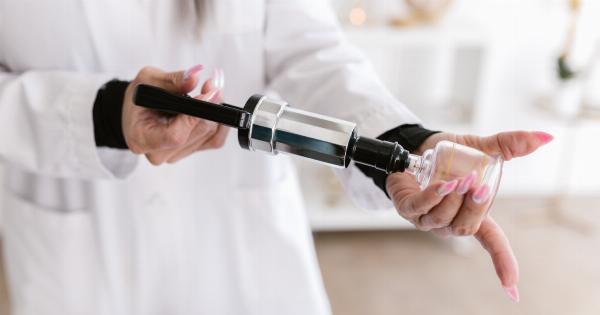Mouth ulcers are a common problem that many people face. They are painful sores that can appear on the inside of your cheeks, lips, tongue, and gums. They can make talking, eating, and drinking difficult and uncomfortable.
In most cases, mouth ulcers are not a serious problem and can be treated at home with some simple tips and tricks.
Causes of Mouth Ulcers
There are many possible causes of mouth ulcers. Some common ones include:.
- Stress or anxiety
- Injury to the mouth from dental work or biting your cheek
- Infections such as herpes simplex virus or thrush
- Allergies or sensitivities to foods or products such as toothpaste or mouthwash
- Nutritional deficiencies such as lack of iron, vitamin B12 or folic acid
- Medical conditions such as celiac disease, Crohn’s disease or ulcerative colitis
Treatment Options
If you have mouth ulcers, there are many treatment options that you can try.
1. Rinse Your Mouth
Rinsing your mouth with salt water, hydrogen peroxide, or baking soda can help to reduce inflammation and promote healing.
Mix 1 teaspoon of salt, hydrogen peroxide, or baking soda in a glass of warm water, swish it around your mouth for a minute or two and then spit it out. Repeat this several times a day.
2. Apply Gel or Paste
You can apply a gel or paste directly onto the ulcer to help reduce inflammation and pain. There are many over-the-counter (OTC) products available that contain ingredients such as benzocaine, menthol, or hydrogen peroxide.
You can also make a paste at home by mixing baking soda with water. Apply it directly to the ulcer and leave it on for a few minutes before rinsing it out with warm water.
3. Stay Hydrated
Drinking plenty of water can help to keep your mouth moist and reduce the risk of further irritation. You can also use a humidifier to add moisture to the air around you.
4. Avoid Irritants
Avoid foods and drinks that are spicy, acidic, or salty as they can irritate the ulcer and make it more painful. Also, avoid smoking and chewing tobacco as they can make the ulcer worse.
5. Take Pain Relief
If you’re experiencing pain from your mouth ulcers, you can take OTC pain relief medication like acetaminophen, ibuprofen, or aspirin. These can help to reduce inflammation and pain, but be sure to follow the instructions on the label.
6. Consider Prescription Medication
If your mouth ulcers are severe or won’t go away, your doctor may prescribe medication such as corticosteroids, antiviral drugs, or mouthwashes that contain lidocaine or tetracycline.
When to Call a Doctor
In most cases, mouth ulcers will heal on their own within a week or two. However, you should see a doctor if you experience any of the following:.
- Ulcers that last longer than three weeks
- Difficulty eating or drinking due to pain or swelling
- Fever, fatigue, or swollen lymph nodes
- Recurring ulcers or new ulcers that develop before old ones heal
Conclusion
Mouth ulcers can be a painful and uncomfortable problem, but there are many treatment options available.
You can try rinsing your mouth, applying gel or paste, staying hydrated, avoiding irritants, taking pain relief, or considering prescription medication. If your ulcers persist or you experience other symptoms, be sure to see a doctor.





























